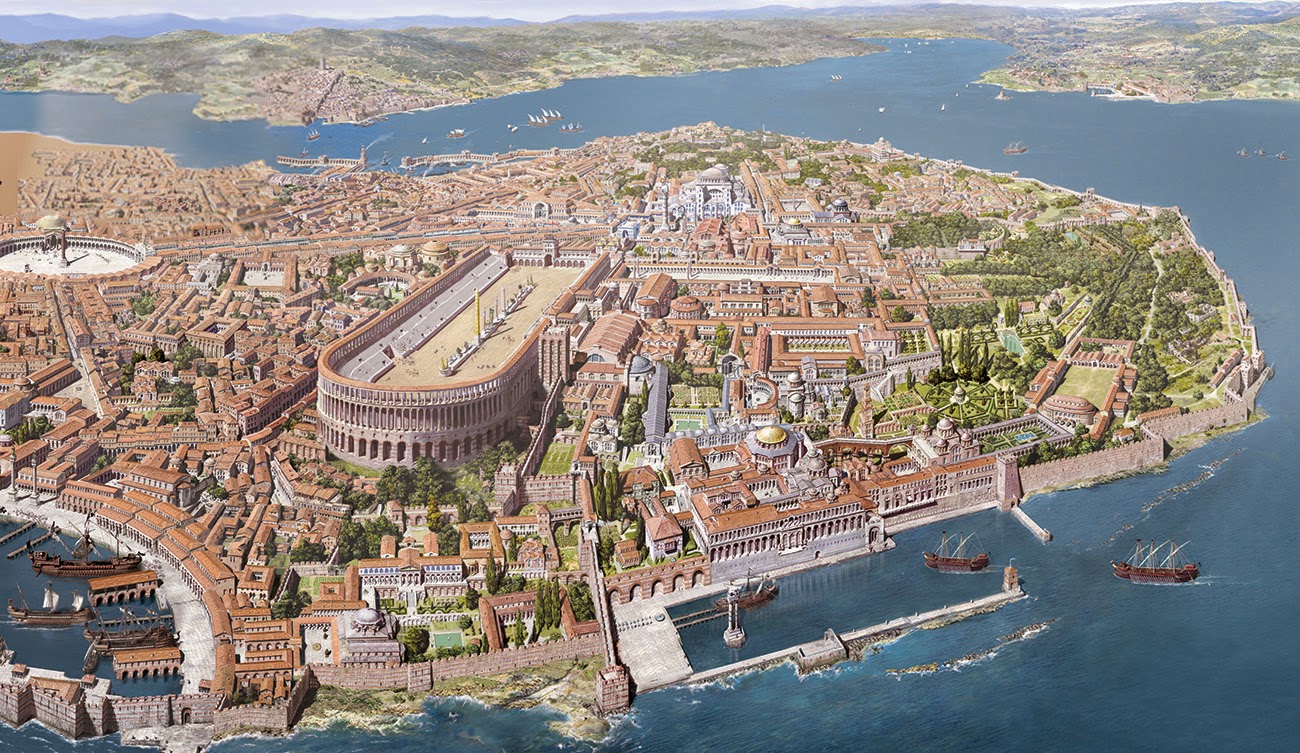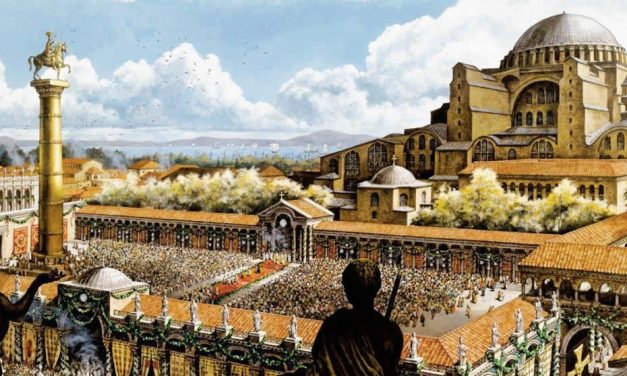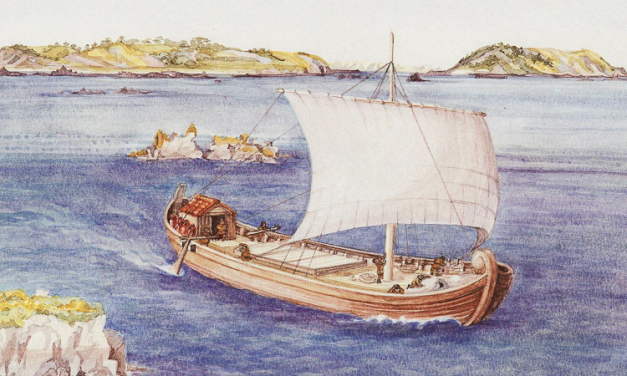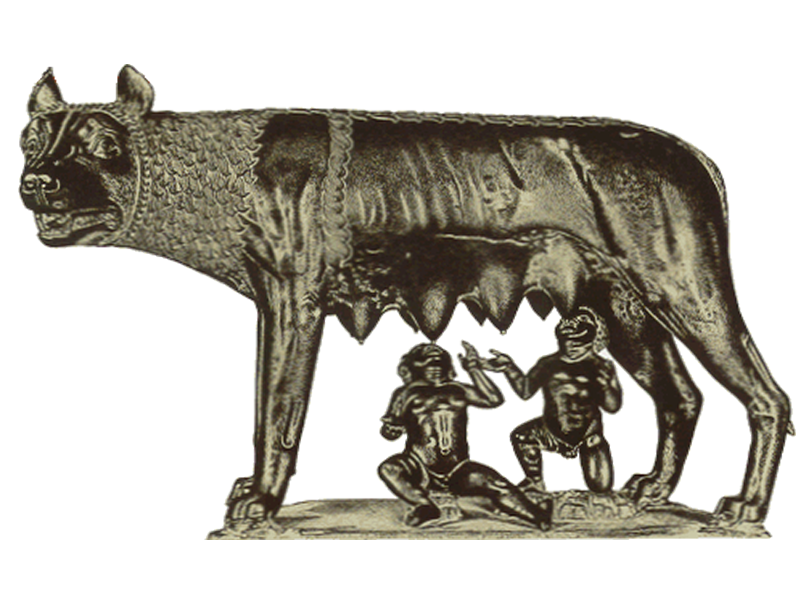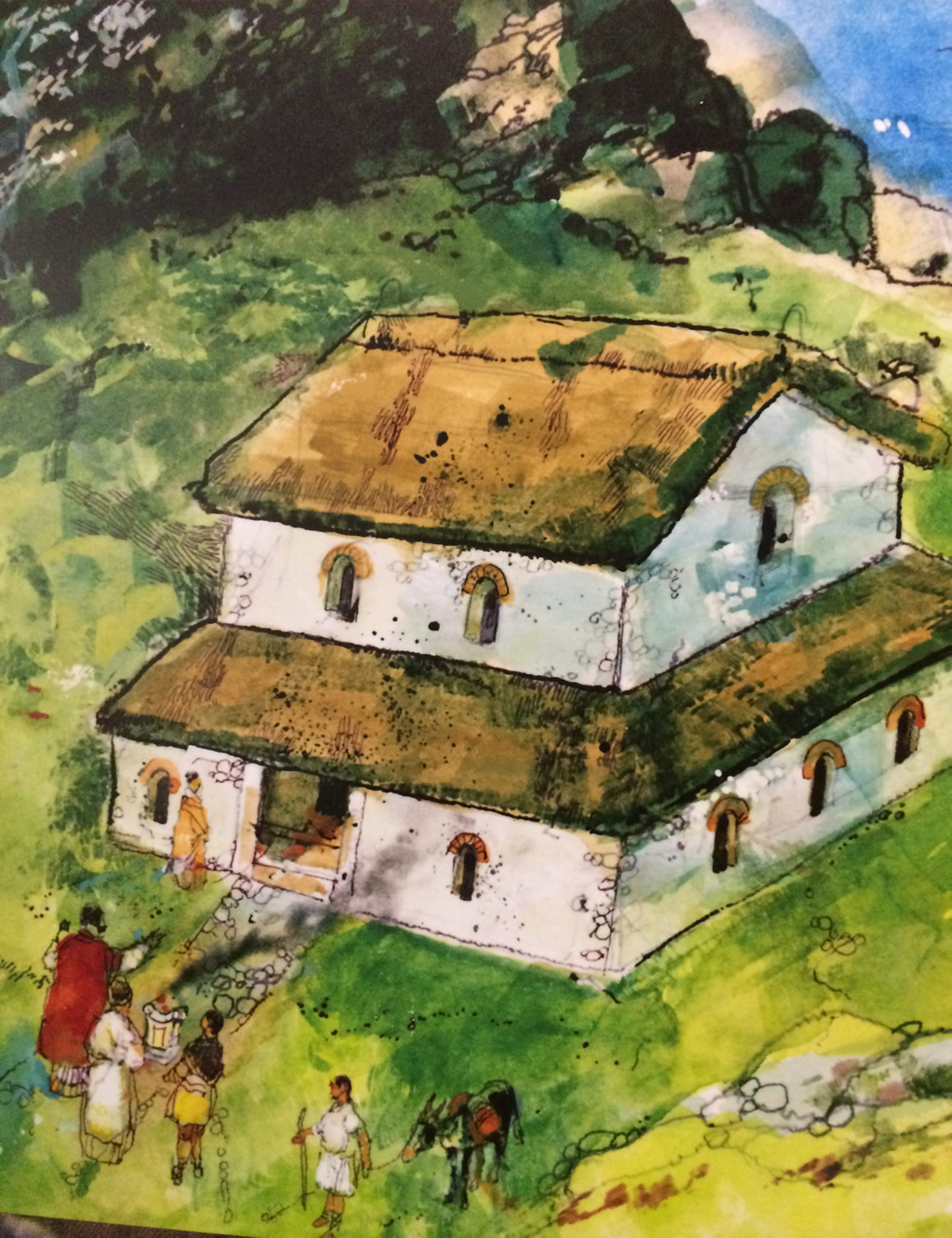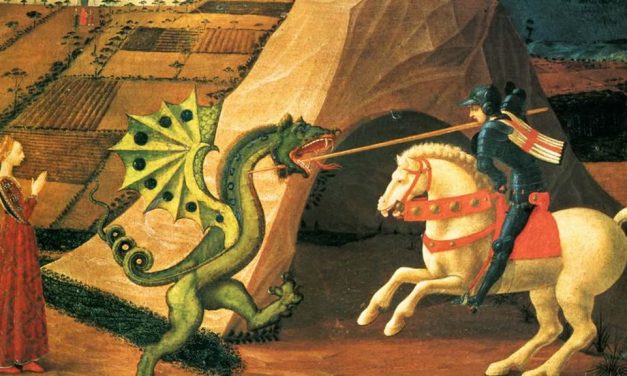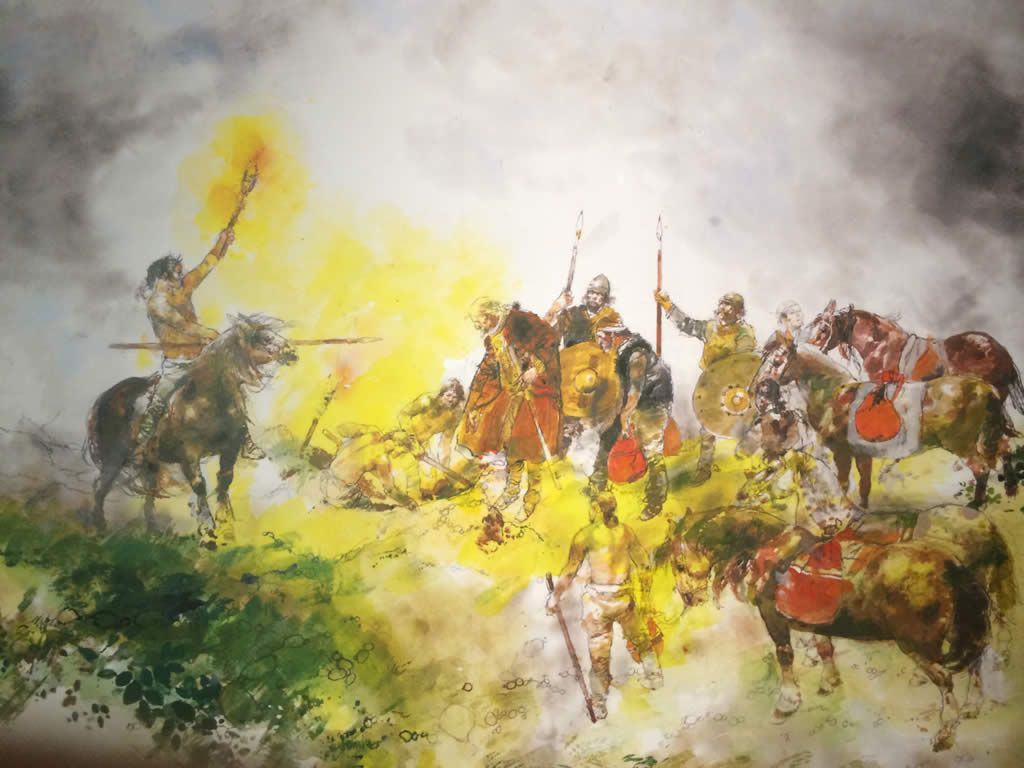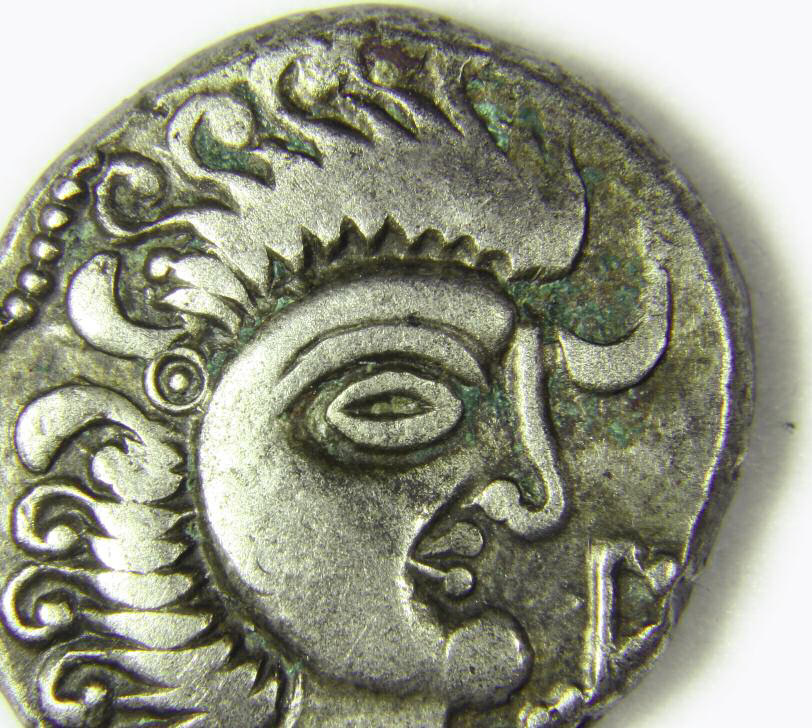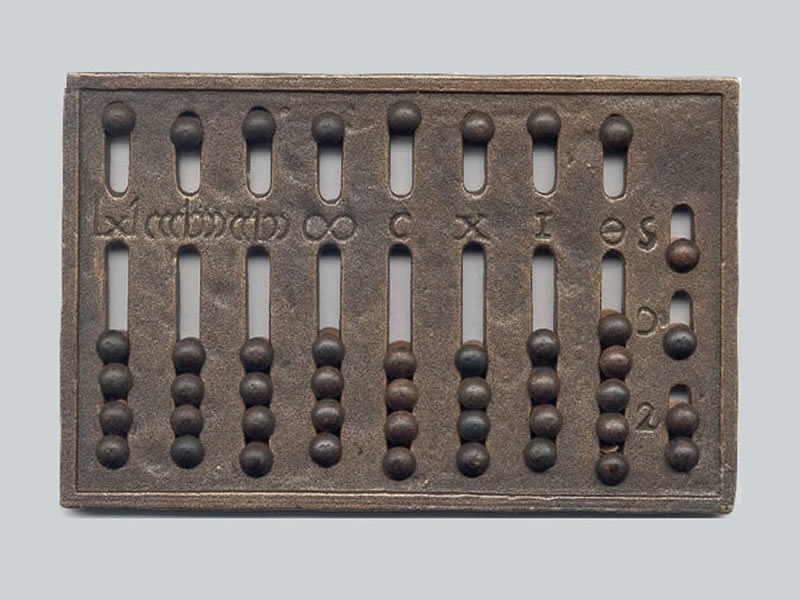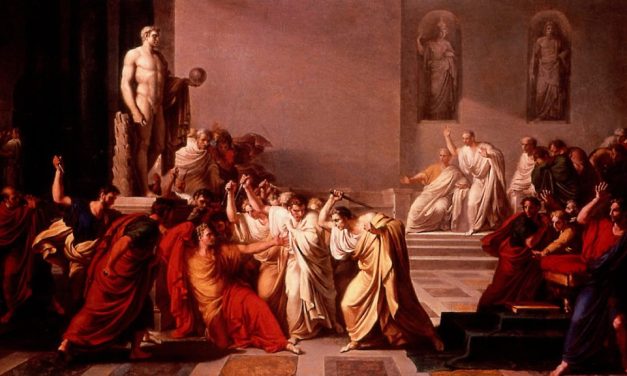Tag: roman
Basiel Sarniensis – The First Channel Island...
Mar 18, 2022 | Channel Islands, Guernsey, History |
Why is Christmas the most Important Christian Holi...
Dec 17, 2021 | General Interest, Religion |
Saint Sampson – A Superstar of his Time
Dec 3, 2021 | Channel Islands, General Interest, Guernsey, Religion, Sark |
Why Are There 5,280 feet in a mile?
Jan 1, 2021 | General Interest, Trivia |
What Did the Ancient Romans Eat ?
Sep 18, 2020 | Food & Drink, General Interest |
All
LatestThe Day the Gateway to the East was Renamed : When Constantinople became Istanbul
Jul 24, 2020 | History |
On the 28th March 1930 - after 1,599 years, 10 months and 17 days - Constantinople, named after the Roman Emperor Constantine, became Istanbul.
-
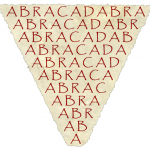
-
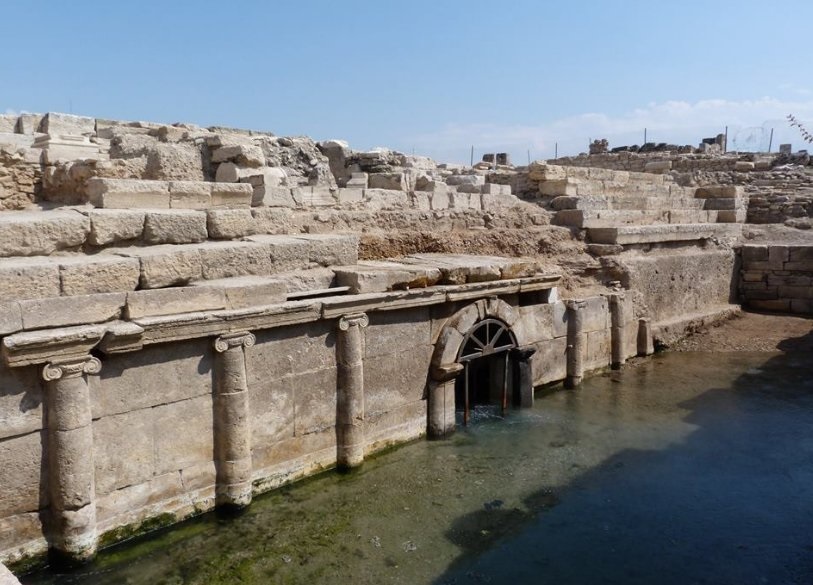
-
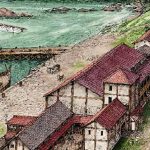
Guernsey Celts & Guernsey Romans – A Timeline
Sep 7, 2018 | Channel Islands, Guernsey, Jersey |
-

More...
Why Does a Thumbs-Up Gesture Mean “okay”?
Feb 20, 2018 |
Why does a thumbs-up gesture mean “okay”? : Any Roman gladiator movie worth its salt always includes the obligatory Colosseum combat scene where the fate of a beaten warrior is given by the thumbs-down signal – or the thumbs-up if he wants him to live. But is this really the origin of this signal ?
Read MoreConstantinople – Where (Middle) East Meets West
Sep 8, 2017 |
On the 28 March 1930 after 1,599 years, ten months and seventeen days the great city of...
Read MoreThe Language of Caesar : Latin Phrases Everyone Should Know
Jun 9, 2017 |
A motley combination of Anglo-Saxon, Latin, and Germanic dialects, the English language (more or less as we know it) coalesced between the 9th and 13th centuries. Despite this we use a lot of Latin phrases to this day. In this article we look at some of the more common Latin phrases that we should all know.
Read MoreAsterix – Guernsey’s Own Roman Wreck
Jun 2, 2017 |
On Christmas Day 1982 local Diver Richard Keen spotted the remains of a large wreck sticking out from the mud directly between the pierheads of St Peter Port harbour. It turned out to be the largest, most complete, seagoing Roman ship surviving outside the Mediterranean.
Read MoreThe founding of the Eternal City – Rome – Fact & Fiction
Apr 21, 2017 |
On the 21st April 753 BC, according to Plutarch, the city of Rome was founded. In this article we look at the myths and legends surrounding the foundation of the ‘Eternal City’.
Read MoreRoman Jersey
Feb 17, 2017 |
Unlike Guernsey the Roman presence in Jersey is not so clear cut. In this article we look at some of the new emerging evidence for Roman ‘occupation’ in Jersey or ‘Andium’ as it was probably know by the Romans.
Read MoreCrossing the Rubicon – Caesar and the Birth of an English Idiom
Jan 10, 2017 |
On the 10th January 49 BC Julius Caesar led one of his legions across a small stream called the Rubicon, thus defying the Roman Senate and breaking the Lex Cornelia Majestatis that forbade a general from bringing an army out of the province to which he was assigned. Turning to his lieutenants just before he crossed, Caesar remarked bitterly, ‘Jacta alea est’ (The die is cast.)
Read MoreThe Day St George lost his head … literally
Apr 19, 2016 |
On the 23rd April 303 AD in Nicomedia, (near today’s Istanbul), St George of dragon fame was beheaded on the orders of the Roman emperor Diocletian. As you’re no doubt aware he went on to become the patron saint of Englend, and quite a few other places as well as it happens. The story of his life and death is no less fascinating.
Read MoreThe Diet of the Ancient Romans – More unusual than you’d think
Mar 25, 2016 |
Archaeologists exploring sewers and cesspits at Herculaneum in 2013 made the startling discovery that, contrary to the long-held belief that ancient Romans survived on a basic diet of bread and olive oil, they in fact enjoyed a rich variety of fish, fruit and spicy dishes
Read MoreWhen Worlds Collide : The Romans and Jersey’s Celtic Treasure Hoards
Oct 23, 2015 |
Jersey is unique in many ways but there is one that is particularly curious. Of all the channel Islands it seems to have had the most treasure hoards of all. The latest, the Catillon II hoard, had over 70,000 coins in it plus 2 golden torqs. Even more curious is that 4 similar hoards were all buried at the same time – the mid 1st Century B.C. So what was going on?
Read MoreCaesar Decrees a new Calendar – and we’re still using it (mostly)
Feb 3, 2015 |
The calendar we use today is little different to that decreed by Julius Casear over 2,050 years ago. In this article we look at the details surrounding this historic and seminal event.
Read MoreAncient Celtic offshore Banking
Aug 22, 2014 |
It looks like Jersey may have been an offshore banking centre for far longer than anyone has suspected. In June 2012 two metal detectorists uncovered a hoard of a staggering 70,000 late Iron Age and Roman coins. Their incredible find has since turned out to be the largest hoard ever found in Jersey.
Read MoreHow did the Romans do the calculations necessary for construction and other purposes using Roman numerals?
Jul 15, 2014 |
The Romans were skilled architects and engineers the likes of which the world had not seen before. They built huge elaborate and perfectly balanced structures that are not only still standing but still in use 2,000 years later. However their number system, whilst useful, was anything but straight forward. So how did the Romans manage to do the calculations necessary for construction using this rather unwieldy number system ?
Read MoreWhat have the Romans ever done for us?
Apr 25, 2014 |
For Monty Python fans the question “What have the Romans ever done for us ?” will recall the irreverent comedy of the film ‘The Life of Brian’ . There is a serious question behind this frivolous skit. The Roman Empire and the culture it exported was the most advanced the world had ever seen. Indeed after the fall of the Roman Empire it never got back up to the same level, in Western Europe, until many centuries later.
Read MoreBeware the Ides of March : The Great Caesar is Assasinated
Mar 14, 2014 |
“Beware the Ides of March!”, the augur Spurinna had warned a few days before the 15 March in 44 BC , but the great Julius Caesar had brushed him aside. Was he not, at 55, the most powerful man in the civilised world?
Read MoreWe speak the language of Caesar everyday … and we don’t even know it – Everyday Latin Phrases
Nov 29, 2013 |
A motley combination of Anglo-Saxon, Latin, and Germanic dialects, the English language (more or less as we know it) coalesced between the 9th and 13th centuries. However, despite the passage of time, there are many common Latin phrases and abbreviations that have survived and are still in use in everyday language, even after a couple of thousand years.
Read More

